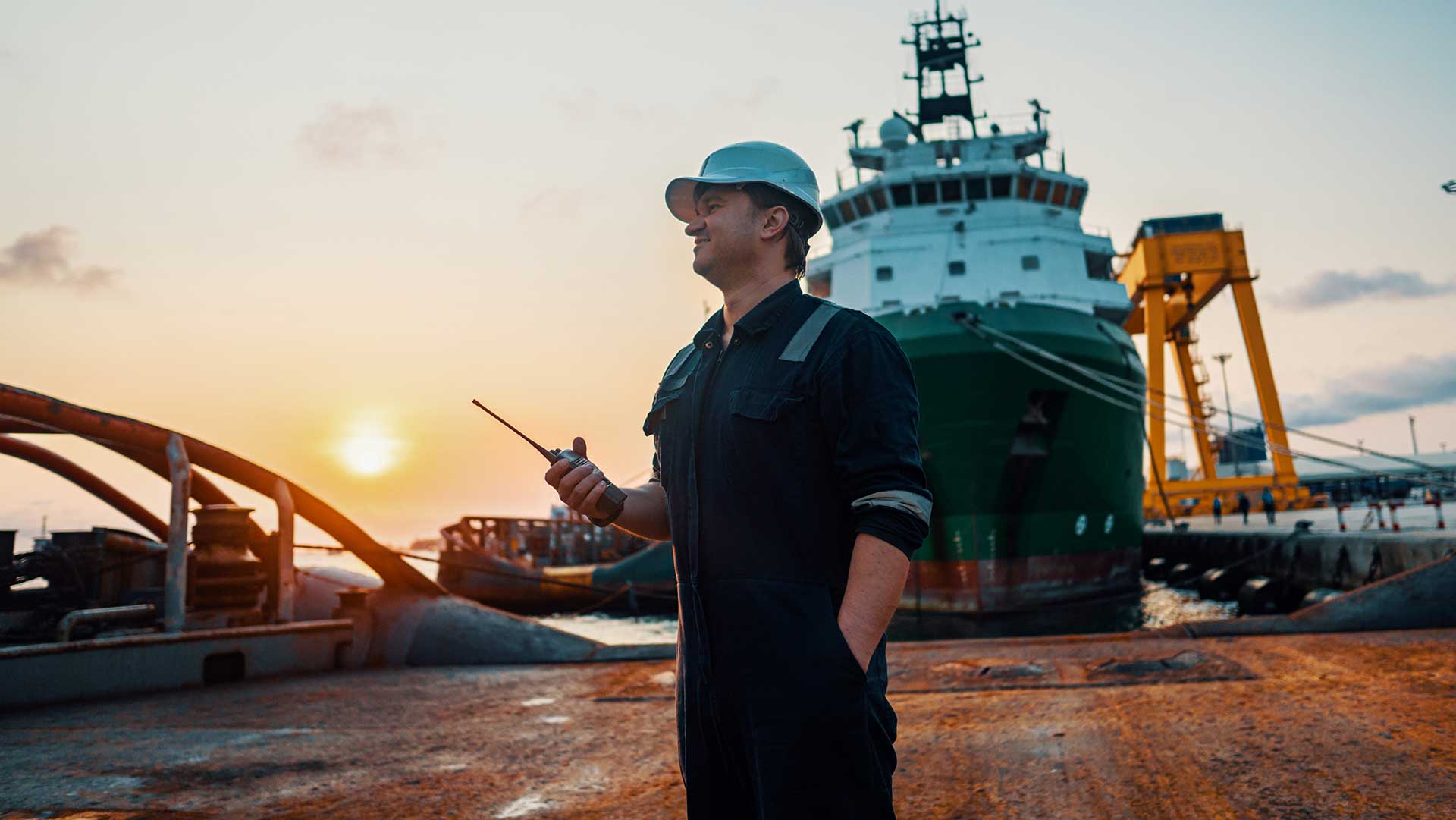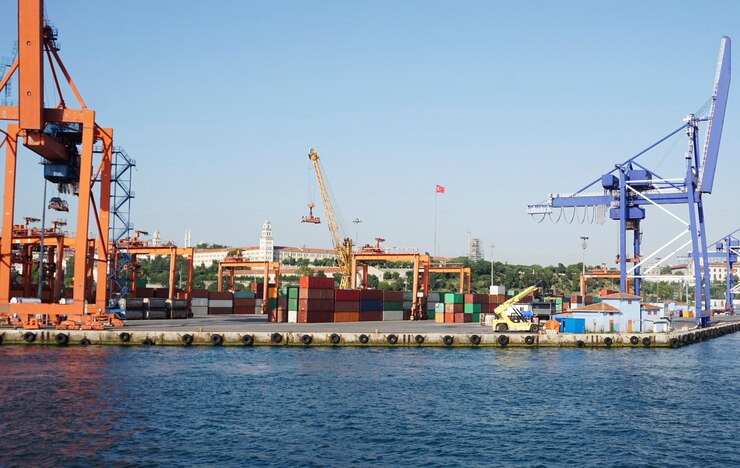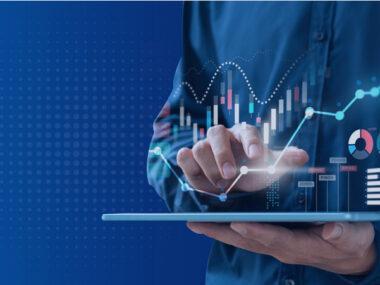The challenges of new technology and IT applications in the international maritime industry are inevitable but at the same time, it is highly dependent on developing technologies. However, the maritime industry faces many challenges: cyber security and maritime security; safety and environmental concerns concerning energy consumption and emission control; accelerated growth in ICT use leading to increased risk of system failures or increased downtime resulting from IT disruptions; and Smart Ships & Maritime Security Systems (SS&MSS).
New technology brings new challenges. About cyber security, one of the biggest challenges is to protect people from possible dangers posed by IT systems. In addition, there are concerns about energy consumption. Ships can be compared to huge mobile devices that have a limited power supply and they need to be very energy efficient.
As for safety and environmental concerns concerning energy consumption and emission control, it can be said that the maritime industry has started to pay more attention to these issues. There is a growing demand for low-emission marine engines, as well as ships that operate on alternative fuels such as LNG (Liquified Natural Gas).

Another challenge is accelerated growth in ICT use leading to increased risk of system failures or increased downtime resulting from IT disruptions. This means that the maritime industry uses more information and communication systems than before, so if something goes wrong it affects the whole system.
Smart Ships & Maritime Security Systems (SS&MSS) are the shipping industry systems that have been developed as a result of new technologies and IT applications. Generally, these systems use IT as a way to automate vessels as well as operations on the board. However, there are concerns about security and data safety related to these systems, because they pose vulnerabilities that can be exploited by criminals or even state actors.
Read More: What are the factors affecting transportation?
Challenges are to be expected in the present-day global economy, which is mainly driven by constant technological changes. However, it can be said that technology plays a key role in the maritime industry and if technology continues to develop within the best interests of the industry there are no reasons why this should not continue to remain true in the future.

According to the International Chamber of Shipping (ICS), key challenges are;
- Cyber security
It is becoming increasingly difficult to protect ships and crew members against cyber threats. ICS claims that there should be more done to improve the ship’s resilience against cyber attacks, as well as crew members’ skills in this area. They also claim that the Member States need to better cooperate between themselves and with other international bodies to tackle cyber threats.
- Maritime security issues
The maritime industry needs to handle new types of emerging problems, such as protecting privacy in relation to increased use of surveillance technologies on board; ensuring ships’ safety when operating in conflict areas; tracking ships, and ensuring that they comply with rules and regulations.
- Safety and environmental concerns
The maritime industry is to ensures the safety of ships, crew members, and passengers in the seas; reduces the risk of pollution associated with maritime traffic; ensures energy efficiency when using marine engines. However, it should be taken into consideration that high levels of CO2 emissions from ships may threaten the environment.

- Accelerated growth in ICT use leading to increased risk of system failures or increased downtime
More and more information and communication systems are being used onboard, so all of these systems must have a high level of security and resilience against possible cyber attacks.
There are some additional key issues as well:
- Ensuring availability of essential information
In the absence of GPS, vessels are being supplied with terrestrial means of communication that are less effective. This has led to ships not being able to align themselves with any external resources when reaching port in time so they can be loaded/unloaded in due course.
- Protection of ships’ crews from radiation
Vessels are exposed to ionizing radiation when in polar regions, so they must have the proper protection in place to prevent crews from being exposed. If the crews do not have this kind of equipment, there might be several consequences such as cancer or infertility.

- Proper systems for cargo tracking and storage
Ships’ cargo, crew, and passengers must be tracked to protect them. If there was an incident at sea or during the port stay, all relevant parties could be informed quickly.
- More efficient maintenance procedures
It is very important to ensure that all equipment onboard vessels make a minimal environmental impact and that it is properly maintained. This should be reflected in the design of new ships by making them more energy-efficient and reducing pollutant emissions.
- Better sharing of information between companies
The maritime industry needs to increase its cooperation between the Member States, shipping companies, and port authorities so they can provide better services for their clients. Cooperation between the above-mentioned parties should come naturally with a decrease in barriers, an increase in maritime data sharing, and increased transparency.

- Achieving the Green Sustainable Goal
The Member States must work on achieving their targets related to maritime emissions to maintain the environment for future generations. This means sustainable development of shipping and fair distribution of charges between different categories of ships. This will require the maritime industry to cooperate share information and implement new technologies that will reduce emissions.
- Developing legislation
Many laws have to be updated or newly established because of new technologies being introduced into the industry. For example, ships’ crew members need to be trained properly about information security so they can work onboard more efficiently.
There are plenty of other issues that need to be addressed, but the key ones have been outlined above. The maritime industry needs to change and adapt accordingly to continue growing sustainably and meaningfully for all parties involved.






